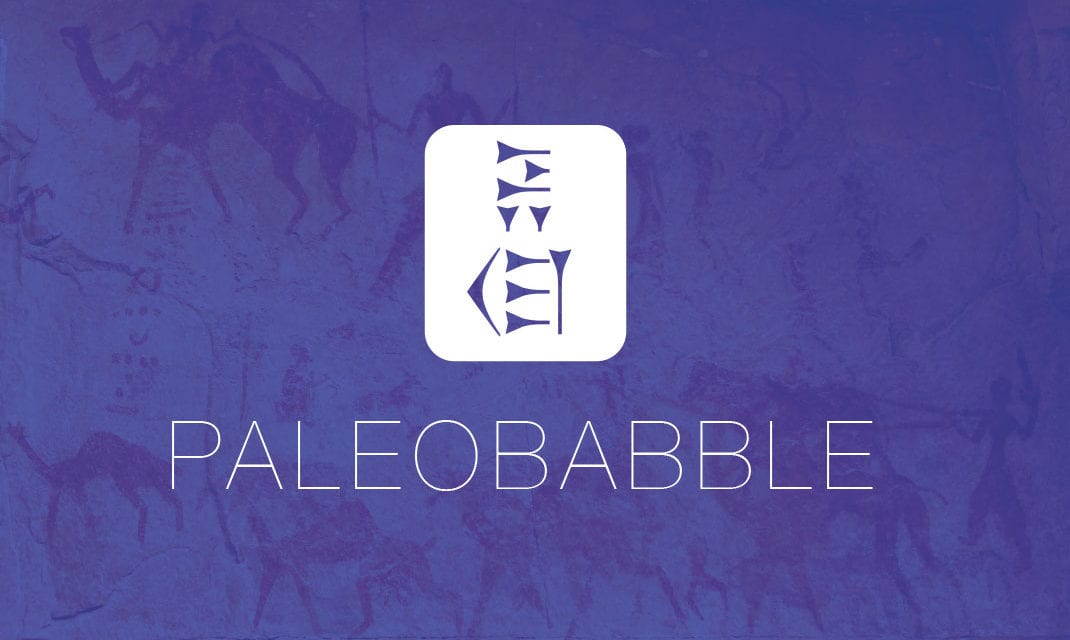Ever wondered how a few lines of Plato’s Timaeus that mention Atlantis somehow morphed into a myth so bloated that you can fill a library wing with tomes by “authorities” and “researchers” describing the science, technology, religion, and enlightened culture of a place that may well never have existed? Yeah, me too. For the record, here’s what Plato actually said — the passing comments upon which a paper and ink mountain has been erected:
For it is related in our records how once upon a time your State stayed the course of a mighty host, which, starting from a distant point in the Atlantic ocean, was insolently advancing to attack the whole of Europe, and Asia to boot. For the ocean there was at that time navigable; for in front of the mouth which you Greeks call, as you say, ‘the pillars of Heracles,’ there lay an island which was larger than Libya and Asia together; and it was possible for the travelers of that time to cross from it to the other islands, and from the islands to the whole of the continent over against them which encompasses that veritable ocean. For all that we have here, lying within the mouth of which we speak, is evidently a haven having a narrow entrance; but that yonder is a real ocean, and the land surrounding it may most rightly be called, in the fullest and truest sense, a continent. Now in this island of Atlantis there existed a confederation of kings, of great and marvelous power, which held sway over all the island, and over many other islands also and parts of the continent (Timaeus 24e–25a, R. G. Bury translation (Loeb Classical Library).
The good news is that we now have a true work of scholarship (don’t be misled by the book’s cover) that helps us understand how Plato’s trickle became the gusher of crapulence we now know as “the great Atlantean civilization.” I speak of Jocelyn Godwin’s recent Atlantis and the Cycles of Time: Prophecies, Traditions, and Occult Revelations.
For those unfamiliar with Godwin, he is a legitimate scholar of esoteric thought. Don’t be misled by the book’s cover. Don’t be misled by the fact that it’s published by Inner Traditions. Anything by Godwin is worth reading. Be warned that this book won’t be light reading. I’ve read Godwin’s earlier work, Arktos: The Polar Myth in Science, Symbolism, and Nazi Survival. That book has perhaps the worst cover art in publishing history, but it’s a scholarly feast. I expect the same for this book as well.
You can read a review of Atlantis and the Cycles of time over on the Magonia site. I’ll be ordering my copy right away.







hey mike – save your money-the book is a ripoff of the real master of atlantis-frank joseph, and his latest book-atlantis and 2012-divided into 2 sections just like the one your talking about. i am sure it is a good book also,but frank joseph is the most recognized author on this subject. there are a lot of authors who write on atlantis,like everything else out there,but i would check and compare the 2 before dropping money on a copy of someone else”s work.
you apparently aren’t acquainted with Godwin. He does real scholarship. He isn’t going to promote nonsense.